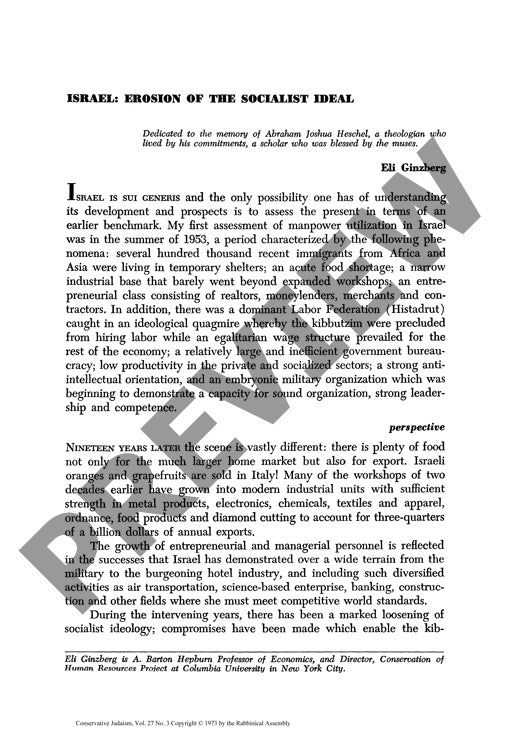Israel Erosion of the Socialist Ideal
Couldn't load pickup availability
Israel's remarkable transformation from struggling agrarian society to industrial powerhouse came at a profound ideological cost. Between 1953 and 1972, the nation's founding socialist vision steadily eroded even as its economy flourished. Through longitudinal analysis of Israel's economic and social development, comparative assessment reveals how industrial expansion, increased productivity, and successful immigrant absorption occurred alongside the decline of core socialist institutions. The kibbutzim—once vital centers of nation-building—faced demographic decline and ideological obsolescence, while the Histadrut labor federation struggled with inherent contradictions between its dual roles as employer and worker advocate. This institutional weakening proved particularly consequential as Israel confronted mounting challenges of ethnic tensions, economic inequality, and political fragmentation. The analysis demonstrates that Israel's continued democratic stability and social cohesion now depend heavily on institutional reform and ideological renewal within its labor movement, precisely when its unifying socialist frameworks have lost their former strength and relevance.

More Information
-
Physical Description
-
Publication Information
Published 1973
ISBN
-
Publication Credits
Eli Ginzberg

